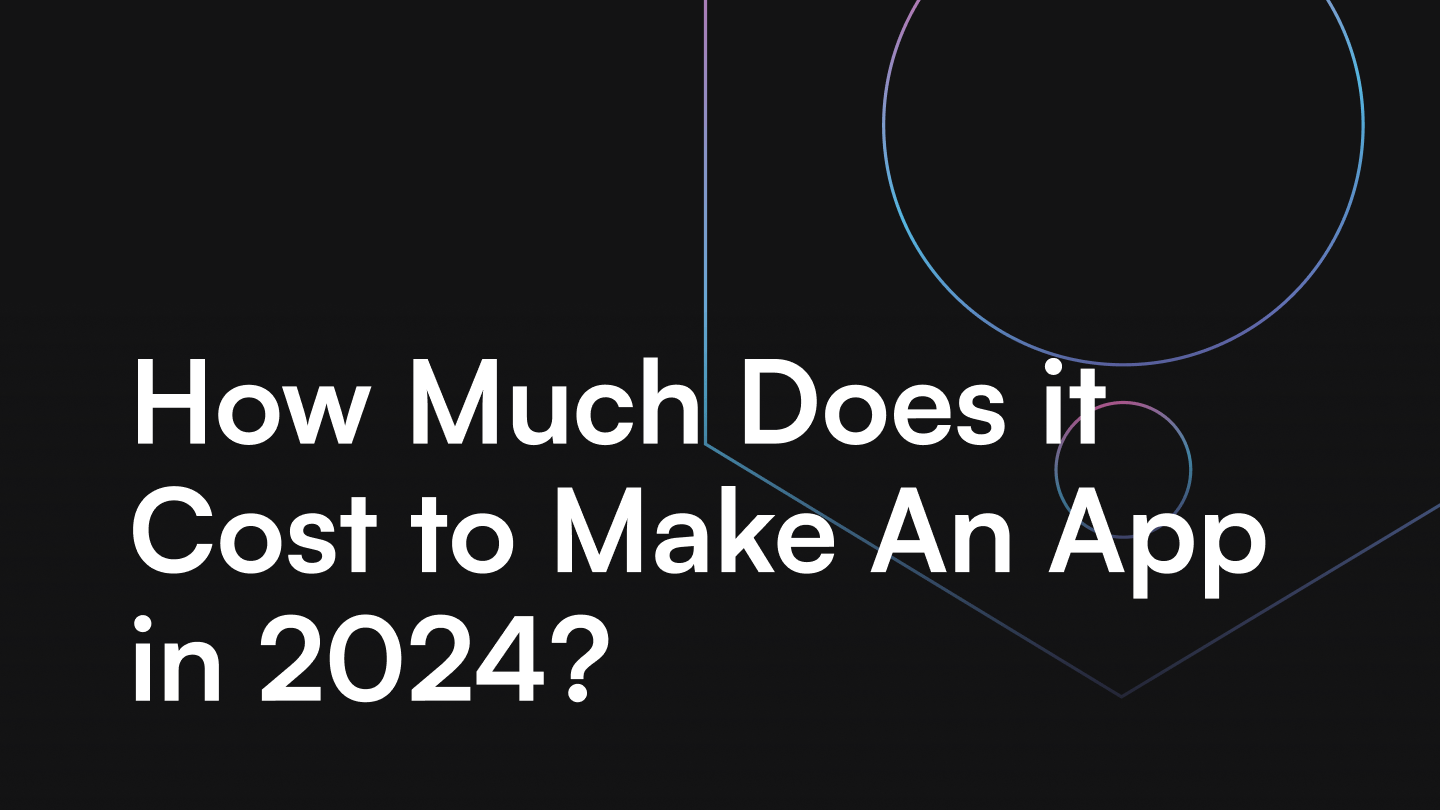Fixed Price vs. Time and Materials contract – the pros and cons

Karol Wegner

Alexa Trachim

When cooperating with a software house on doing an IT project, there’s always an important question: how much will it cost? Budget is one of the most critical factors when developing software – because it isn’t cheap. For startups or small companies that want to invest in an app, it’s a significant expense, so they are looking for savings anywhere they can.
Table of contents
1. Fixed Price vs. Time and Materials – the differences
– Time and Materials contract
– Fixed Price contract
2. The pros and cons of Time and Materials vs. Fixed Price
– The pros and cons of a Time and Materials contract
– The pros and cons of a Fixed Price contract
3. Fixed Price vs. Time and Materials – which one should I pick?
4. Get in touch with itCraft
We don’t recommend picking the cheapest offer because that can really influence the quality of the outcome. But the right contract you sign with the software house of your choice can definitely have an impact on the price of your app or website. In this article, we compare the two most popular methods of settlements in the industry – Fixed Price contract vs. Time and Materials contract. Let’s find out what are their pros and cons and who can benefit from each.
Fixed Price vs. Time and Materials – the differences
Before we even start comparing those two types of contracts, we need to establish their characteristics.
Time and Materials contract
Also known as T&M. The best option if we can’t estimate exactly how much the project will consume time and resources. It also comes in handy when we can’t predict if the project will change over time – or we assume it definitely will do that.
Time and Materials contract considers many factors when proposing an hourly rate for software development services. That also includes, for example, salary of each employee involved in the project or time and money spent on face-to-face meetings. It is worth to remember, that this contract includes project management, communication with the development team and other work that is required to develop and implement the product.
Fixed Price contract
You can probably figure it out from the name – a fixed-price contract is a type of agreement where the cost is not influenced by used resources or time spent on the project. It’s just one price that the client pays to get the product. It’s a pretty simple arrangement that saves paperwork and takes less time in negotiations. Fixed Price contract is basically the opposite of T&M.
The vendor dictates the price based on their experience with similar projects. That, of course, can be a trap because every product is unique and predicting the exact amount of time and resources is impossible. But usually, if the app, a website, or any other software has similar features as another thing the developers did before – they can provide quite a close amount of money that the client will have to pay for it.
The pros and cons of Time and Materials vs. Fixed Price
As you can see, these two types of contracts are completely different. They offer diverse levels of flexibility and are suitable for alternative sets of requirements. Now, we can take a closer look and see who can benefit from each price model and what are their pros and cons.
The pros and cons of a Time and Materials contract
Our preferred pricing model at itCraft. We appreciate it because it doesn’t only focus on the budget, but really takes the client’s needs into consideration. With T&M you get a dedicated team of specialists that can be adjusted to current requirements. If for any reason your project evolves and suddenly it needs a different skill set or additional programmers, there is no problem to change the course.
Pro: High flexibility to changing requirements
The work process in Time and Materials model is open for changes and adjustments. Adding, removing and improving every feature to get the viable effect is not a problem if the client has a budget.
Pro: Faster project start and dynamic decision-making process
Lots of startups will benefit from the early start of the project. They should also make decisions during the process of development, while the work is ongoing. This way, they can respond accordingly to the needs and pains of their target group that can evolve at any minute.
Pro: Better control over the project
Time and Materials pricing model is often used in Agile development, as it gives the client a possibility to be a part of the work. That usually means sprints, iterations and meetings organized regularly to discuss the progress and next steps.
Con: Lower control over the budget
Work that is not limited by a tight plan and schedule, like with a Fixed Price contract, means that at the end of the day, we may need to pay much more than we wanted to. A fix to this would be to use common sense and not ask for new functionalities all the time – but only the ones that will really benefit our business.
Con: Need for being much more involved
If the clients don’t like to be a part of the team, Time and Materials might not be the best model. It requires their presence and often – active participation.
Con: Uncertainty when it comes to the timeline
All the cons and risks might be caused by the fact that this type of contract is highly flexible. If we lose control over the project, the deadline might become a distant point in the undefined future.
The pros and cons of a Fixed Price contract
In one of our blog posts, we discuss the flaws of the Fixed Price model, which is basically a one-time cost before the project starts. Then, the software development company needs to distribute this money to achieve the goal and cover the expenses. This can be problematic in our fast-paced world, where everything can change within the timeframe of the project.
Pro: Being certain about the cost
This price models gives both parties stability, which can be beneficial especially for startups or small enterprises that don’t have a flexible budget. This way they pay the arranged price and don’t have to worry about anything else. For the software development provider that can be a risk – they get some cash at the beginning, so that’s a plus. But if anything changes while they work on a project and they need more money – there’s no way to get it. Unless their customer is open for negotiations.
Pro: Established deadlines
Fixed-price contracts require good planning process – every detail has to be considered in price estimation. Predicting how much work the project will require and when it will be finished is much easier this way. That’s very important for all the clients that care about time-to-market.
Pro: No need to control the process
Fixed Price contract is a solution for all the customers that don’t want to get too involved in the work process. The outcome of the initial planning stage is a detailed route for the development team to follow. The client doesn’t need to control that much of what is happening and can focus on other business operations.
Con: Higher cost of the project
No changes in the budget during the project means that the software development company needs to foresee every possibility and be prepared. That means the price in the Fixed Price model should include a reserve to avoid any risks.
Con: Worse response to changing conditions
If the market situation suddenly changes – there is only a place for adjustments within the budget and that might be tight considering the mentioned plan written beforehand. Also, if the client gets an idea that would be much more beneficial for the business – it might not be possible to introduce it within the price of a Fixed Price contract.
Con: Longer preparations
As described above, long planning is required to estimate the most accurate price for the software that will be developed. But that can be a potential drawback when it comes to short deadlines. And still, we might not avoid some communication misunderstandings while the project is ongoing.
Fixed Price vs. Time and Materials – which one should I pick?
We know already that these two options have a different scope of possibilities, so the question is – which one should you choose for your next IT project?
Time and Materials contract will be suitable for projects:
- That are probably going to be long-term
- That don’t have all the requirements set in stone
- With a need to answer changing market needs
- That will likely change while being developed
- That are just an idea that needs to be sculpted into a product
Fixed Price contract could be a good choice for projects:
- That have detailed requirements
- With determined deadlines (within a couple of months)
- That are small and have a limited number of functionalities
- With limited budget
- Minimum viable products (MVP)
So the answer is obvious – you need to really know your expectations and your capabilities. The amount of work that will be required from the development team and the cost that you can endure are somewhat the most important factors you should take into consideration.
At itCraft, we use the Time & Materials model for all of our projects. The reason is simple – it gives the product owner and the team freedom to pursue different paths to create digital solutions with true value for the end-user. We know from experience that this approach is appreciated by our clients, as they can introduce changes, react to new market conditions and pursue new ideas when they occur. T&M is great for long-term business partnerships that are focused on constant development and customer satisfaction.
If you are looking for a software house that will be responsive to your goals and pains – you should leave us a message and tell us about your newest project. Together we can remold it into a unique digital product that will help your business thrive.






